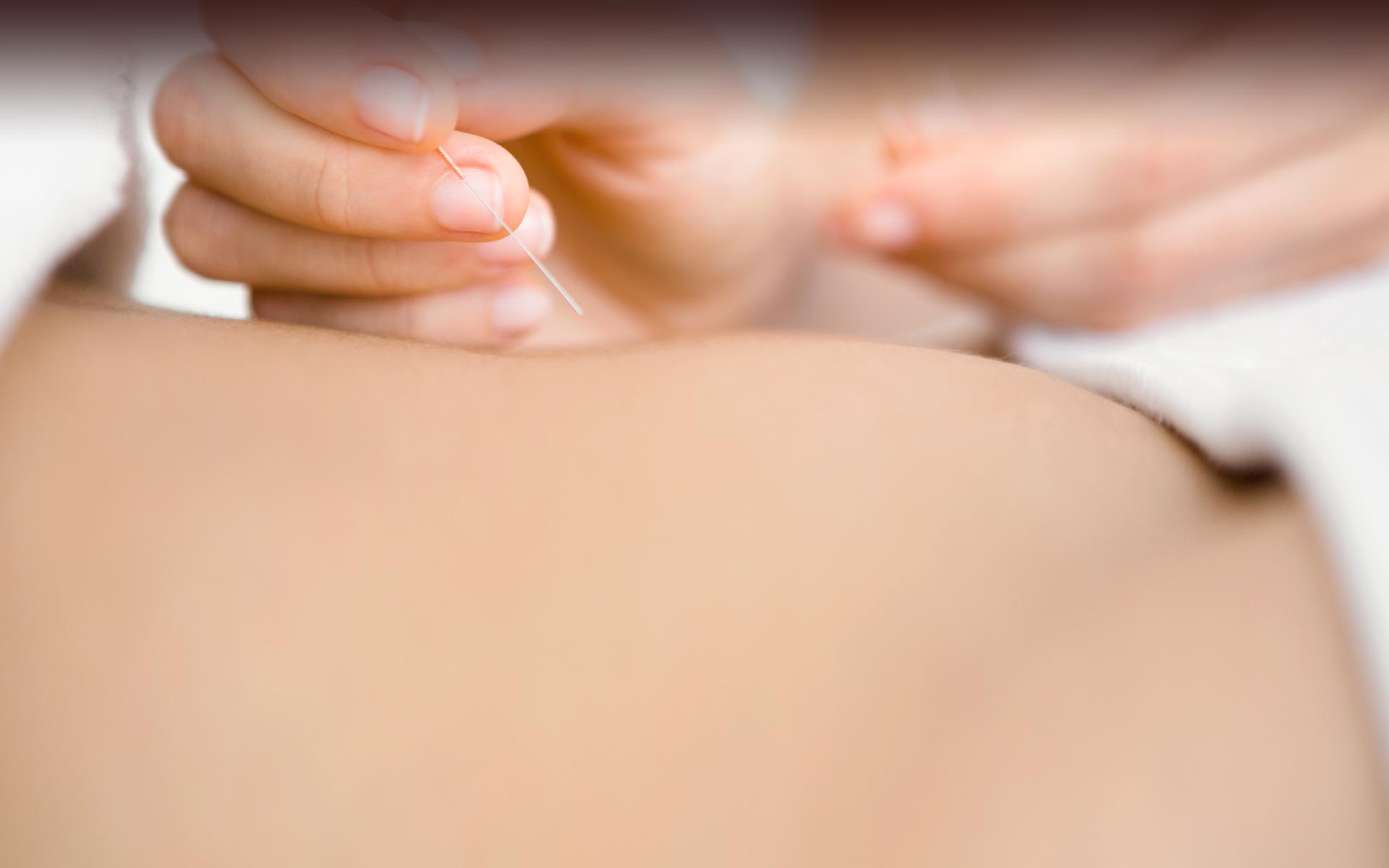CALL US AT 760. 517. 8878 /
NEWS / BLOG
Research comparison: E-stimulation on acupuncture needles or Moxibustion?

This paper is a researched-based comparison of two different types of therapy used in Chinese Medicine: Electroacupuncture (EA) and Moxibustion (MOX). I am sharing this as it was part of my Critical Research Design and Analysis coursework in my Doctoral program, and in support of evidence-based practice in our clinical practice.
There are more studies being done on the use of Moxibustion on gastrointestinal issues. This one is particularly interesting as not many know and understand the use of Moxibustion or moxa. I love moxa and all of the things that this amazing ancient herb can do.
My paper evaluates the research article, in terms of research design, strength and weakness, and recommendations for further studies in using e-stimulation acupuncture and moxibustion for Irritable Bowel Syndrome (IBS).
Comparison of Electroacupuncture and Mild-Warm Moxibustion on Brain-Gut Function in Patients with Constipation-Predominant Irritable Bowel Syndrome: A Randomized Controlled Trial
Zhao, J., Lu, J., Yin, X., Wu, L. . . . . & Y., Shi. (2018). Comparison of Electroacupuncture and Mild-Warm Moxibustion on Brain-Gut Function in Patients with Constipation-Predominant Irritable Bowel Syndrome: A Randomized Controlled Trial. China Journal of Integrative Medicine. 24:328. DOI: 10.1007/s11655-018-2838-0
Introduction
The research was selected as moxibustion has not been studied much in Irritable Bowel Syndrome (IBS), and is usually used as an adjunct therapy. In total, only 7 randomized clinical trials were done in comparing moxibustion (MOX) with other therapies (Tang et al, 2016). As for eletroacupuncture (EA), it is more commonly used for pain-related symptoms (Xiong, et al, 2018), hence there are more clinical studies done using EA for pain. This paper will evaluate the research article in terms of research design, strength and weakness and recommendations for further studies.
Design Analysis
Design Approach
The research outlined in the selected article used a Randomized Controlled Trial (RCT). The RCT design divided 60 patients who had constipation-predominant irritable bowel syndrome (C-IBS) into 2 groups by a simple randomized method. It utilized human subjects so it is applicable as mean to collect data to evaluate the use of electroacupuncture (EA) and mild-warm moxibustion (MOX) on brain-gut function in patients with C-IBS. RCT is the most efficient way to collect data that is quantitative, comparative and are controlled. According to Spieth and et al (2015):
“Randomized Controlled Trials (RCT) are considered the gold standard for evaluating efficacy in clinical research and constitute evidence for medical treatment. Thus, RCT data are guiding physicians toward evidence-based therapy”.
Strength and Weakness
Strengths: The strength of the research was grounded in its use of RCT, and also by randomized assigned participants. There is no biased in this way. The objective, the method used and the results are consistent with the process and details.
Weakness: Irritable Bowel Syndrome can be triggered by other factors. The study focuses on how specific treatments could work but did not mention how changes in diet, nutrition, and lifestyle could also help lessen the occurrence of the symptoms (NIH, 2017).
Evidence-Informed Analysis
Western Medicine: From a research perspective, blood oxygen level-dependent functional magnetic resonance imaging (BOLD-fMRI) was used to measure alterations of blood oxygen in the rectal and its correspondence to the different parts of the brain. These resulted in the accurate measurement of each treatment protocol and valuable data could be produced.
Chinese Medicine: The use of Tianshu (ST25) and Shangjuxu (ST 37) was in line with Traditional Chinese Medicine use of acupuncture points for abdominal related pain, indigestion, constipation, diarrhea and dysentery (CAM, 2009).
Conclusion: This study was successful in determining EA and Mox could significantly improve some of the most intrusive symptoms of C-IBS patients, with EA was more effective than Mox. The therapeutic effect of these two therapies might through modulating of the brain-gut axis function. However, further research needs to be done, as acupuncture points selected in the research were only two. In real life, more points are used when treating symptoms associated with IBS. Also, higher quality, grade, and duration of moxibustion used will determine better results. On top of this, changes in diet, lifestyle, and nutrition should be recommended to patients for further improvement.
Copyright (2018) Siatnee Chong
References
Cheng, X. (1999). Chinese Acupuncture and Moxibustion (Rev. ed.). Beijing: Foreign Language Press.
National Institute of Health: Irritable Bowel Syndrome. (n.d). Retrieved from https://www.niddk.nih.gov/health-information/digestive-diseases/irritable-bowel-syndrome
Spieth, P. M., Kubasch, A. S., Penzlin, A. I., Illigens, B. M.-W., Barlinn, K., & Siepmann, T. (2016). Randomized controlled trials – a matter of design. Neuropsychiatric Disease and Treatment, 12, 1341–1349. DOI: 10.2147/NDT.S101938
Tang, B., Zhang, J., Yang, Z., Lu, Y., Xu, Q., Chen, X., & Lin, J. (2016). Moxibustion for Diarrhea-Predominant Irritable Bowel Syndrome: A Systematic Review and Meta-Analysis of Randomized Controlled Trials. Evidence-Based Complementary and Alternative Medicine : eCAM, 2016, 5105108. Doi:10.1155/2016/5105108
Xiong, J., Li, H., Li, X., Wang, L., Zhao, P., Meng, D., Tian, T. (2018). Electroacupuncture for postoperative pain management after total knee arthroplasty: Protocol for a systematic review and meta-analysis. Medicine, 97(9). DOI: 10.1097/MD.000000000010014
Zhao, J., Lu, J., Yin, X., Wu, L., Bao, C., . . . . & Y., Shi. (2018). Comparison of Electroacupuncture and Mild-Warm Moxibustion on Brain-Gut Function in Patients with Constipation-Predominant Irritable Bowel Syndrome: A Randomized Controlled Trial. China Journal of Integrative Medicine. 24:328. DOI:10.1007/s11655-018-2838-0
Traditional Chinese Medicine and acupuncture has been proven to work for over 2,500+ years.
To Learn How Chong Acupuncture Can Treat Your Specific Condition, Call Today for a Free Phone Consultation:
760.307.8801 | BOOK AN APPOINTMENT

STAY IN THE KNOW / Serious about your health goals...



